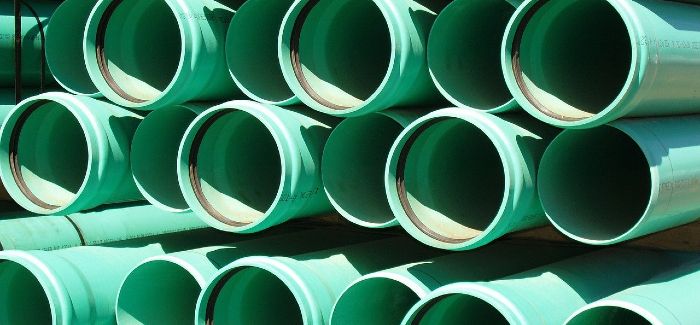A research project investigating the long-term performance of plastic pipes used in the country’s drinking water supply has finally revealed its performance secrets.
In a project funded by UKWIR and Severn Trent, Severn Trent exhumed the plastic pipes installed on special test rigs at two pumping stations in Midlands in the early 1980s and 1990s.
Until then, the pipes and joints were kept under tension and commissioned, and most recently subjected to specific chemical and mechanical tests to determine changes in performance – specifically to predict when the pipes would deteriorate and fail – that is, they would begin to leak or burst.
This information is vital as approximately 95,000 km of the UK’s drinking water pipeline network is made of polyethylene (PE) and is currently used for 90% of new water pipelines.
The most recent project – exhuming some sections of the pipes to assess their condition and combining this with an analysis of their performance – is now complete.
This shows that PE pipes with properties similar to the exhumed ones last longer than the current 50-year service life – and newer high-pressure pipes such as PE100 could have a service life of up to 160 years.
In addition, the project confirmed that installation problems are the cause of most connection failures on PE pipes, underscoring the need to monitor and improve processing.
Jo Claronino, Severn Trent Technical Director, said, “The exhumation of these pipes from our test rigs has the excitement of an archaeological dig and the discoveries we have made are groundbreaking for the water industry.
“Thanks to the foresight of engineers 40 years ago, today’s engineers in the water industry have a valuable asset – robust data. It is hoped that this will create a national database of business analytics showing the life expectancy of water supply networks in the UK and Ireland. “
Rebecca Haylock, Project Manager at UKWIR said, “A lot of work has been done to limit the impact of supply disruptions on customers. However, working with the water sector, we determined that more research is needed to protect these vital assets in order to assess new piping materials and more accurately predict when they might fail.
“As a result of this innovative project, water companies now have a method that they can apply to their asset databases to better understand the aging process of PE pipes and predict their remaining life. You can then use this information to plan and target future investments in your water supply networks. “
The study also informs about a number of big questions from UKWIR to address the biggest challenges facing the industry: “How do we avoid water interruptions by 2050?” And “How can we achieve leak-free freedom by 2050 in a sustainable manner?”
UKWIR and Severn Trent each funded the project with two organizations that have partnered to introduce the results to the wider industry. The pipes themselves were exhumed and tested in winter 2019/20.
Claronino added, “The remaining test field still has a significant amount of information that needs to be made available to future engineers. We will therefore continue to wait and test it again. “


Comments are closed.